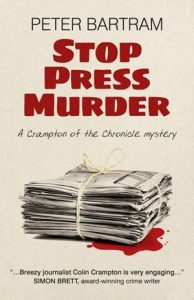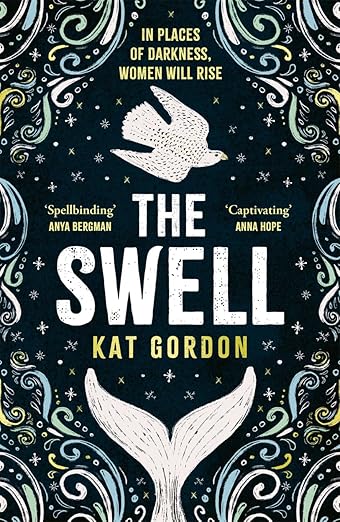Brighton with Peter Bartram
BRIGHTON: THE TIME AND THE PLACE Peter Bartram
(Brighton Pier)
When I was young I lived in a village 10 miles outside Brighton. Some evenings, I would drive into Brighton with friends and have supper at the Four Aces restaurant in The Lanes, the maze of eighteenth century streets in the heart of the city.
This was in the early 1960s. After a dull decade following the war, Brighton was getting back to what it does best – being loud, louche and slightly disgraceful. The Four Aces typified all three. It was housed in a tall, thin Regency building in Meeting House Lane and presided over by a Polish proprietor called Casey.
The building consisted of a number of small rooms on different floors with shady nooks and discrete alcoves where one could eat the delicious food – and where couples could quietly canoodle over their liqueurs. The place was much favoured by ageing roués of the kind you often saw in Brighton in those days. They’d be dressed in a blue blazer with regimental badge on the breast pocket and a striped cravat. Invariably they had a peroxide blonde on their arm.
When I came to think about the time and the place for my humorous crime series – the Crampton of the Chronicle Mysteries – those happy memories in the Four Aces came flooding back. In the 1960s, the town had just the kind of character that I was certain would provide a happy hunting ground for my crime reporter hero Colin Crampton.

In the summer there were colourful illuminations along the seafront. The two piers were thronged with visitors, the girls dressed in sleeveless blouses and Capri trousers, the boys sporting kiss-me-quick hats.
There was horse racing on the racecourse – the haunt of the razor gangs in Graham Greene’s 1930s-set Brighton Rock. The Victorian Volk’s railway rumbled along the seafront. And the Brighton Belle Pullman train gave a taste of what luxury railway travel used to be like – kippers for breakfast – as it raced up to London.
And then there was the Brighton police. Hmmm! They had a bit of a reputation, if you know what I mean. The town had its own force until 1968 – easily spotted by the white helmets they wore in the summer. Their consciences weren’t always so spotless. I was convinced that, as a place frozen in time, Brighton in the 1960s just lent itself to a crime series.
Sadly, the Four Aces has now gone – the victim of a fire. But the place still lives in my books as a favoured haunt for Colin to take his girlfriends. And, yes, Casey is still there dispensing the delicious food with a wink – and a blind eye to things he ought not to see.




